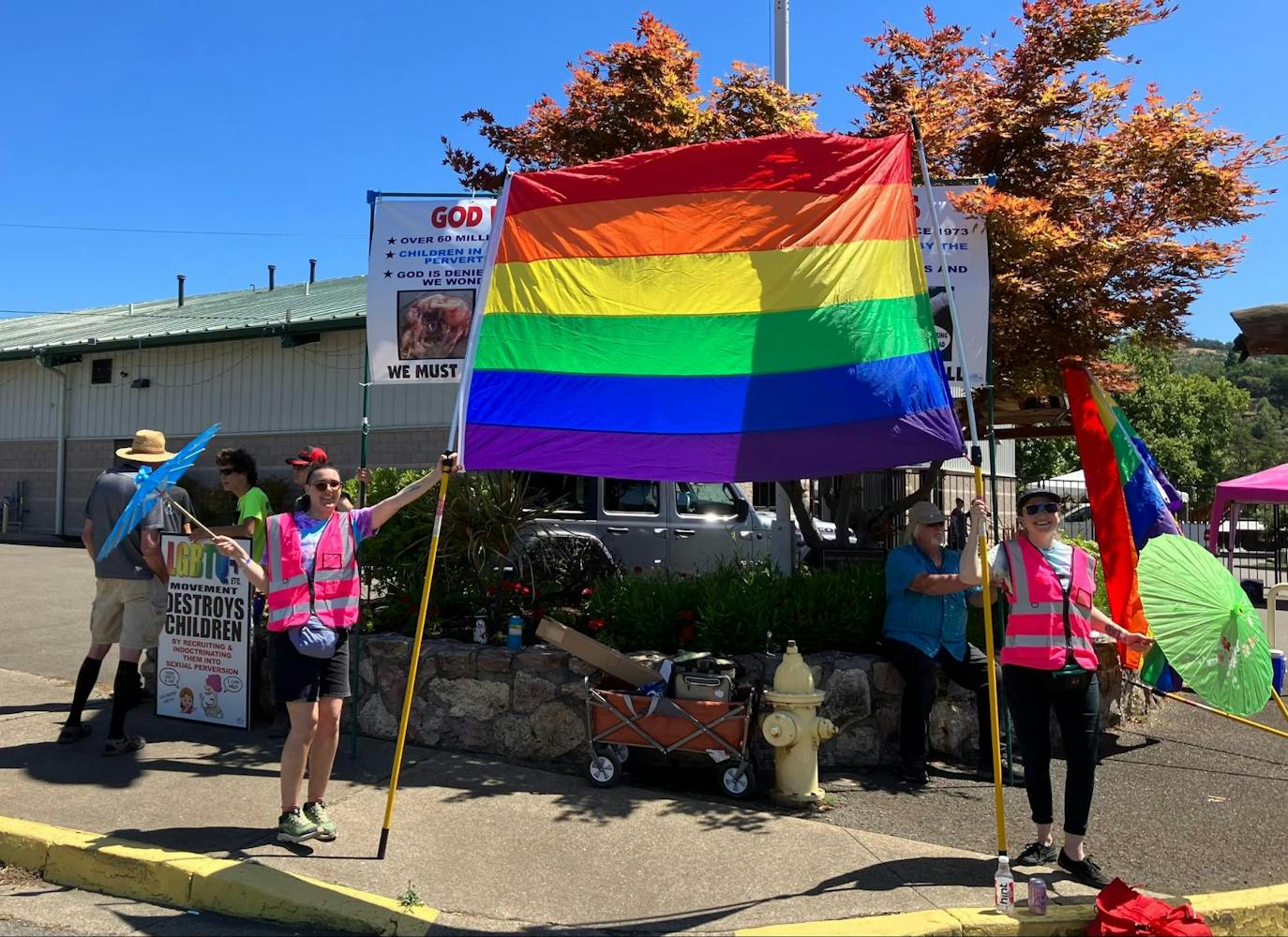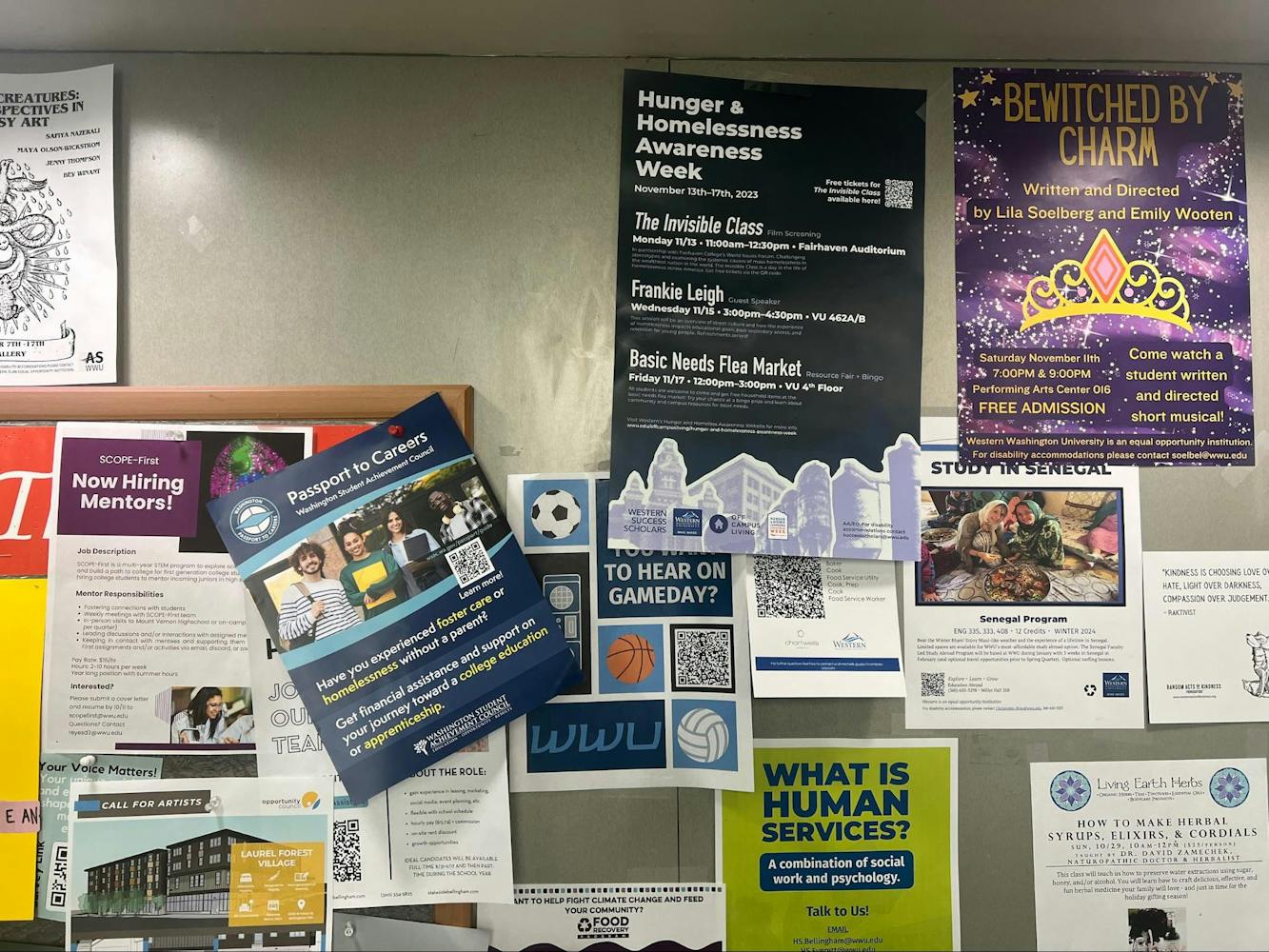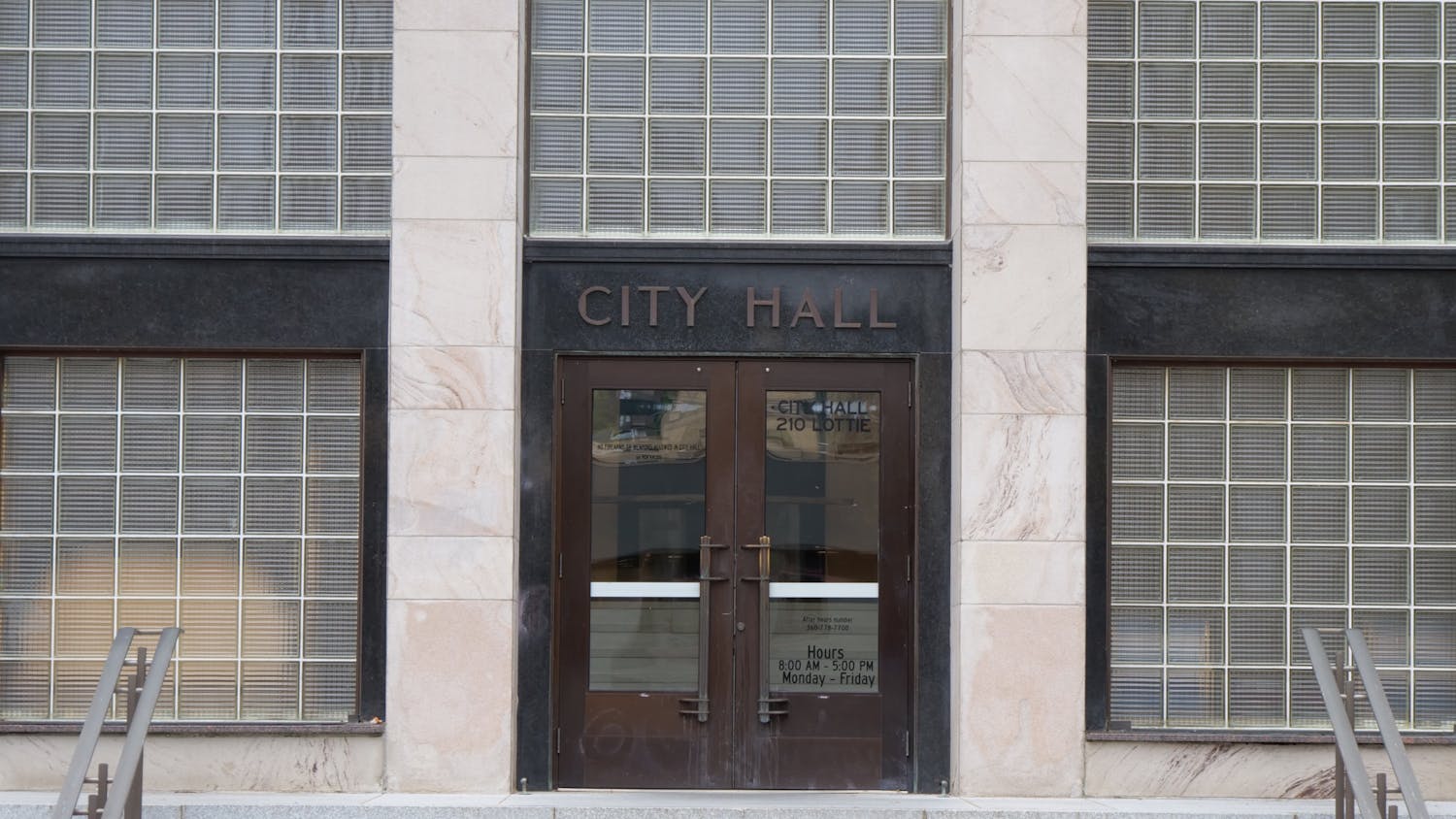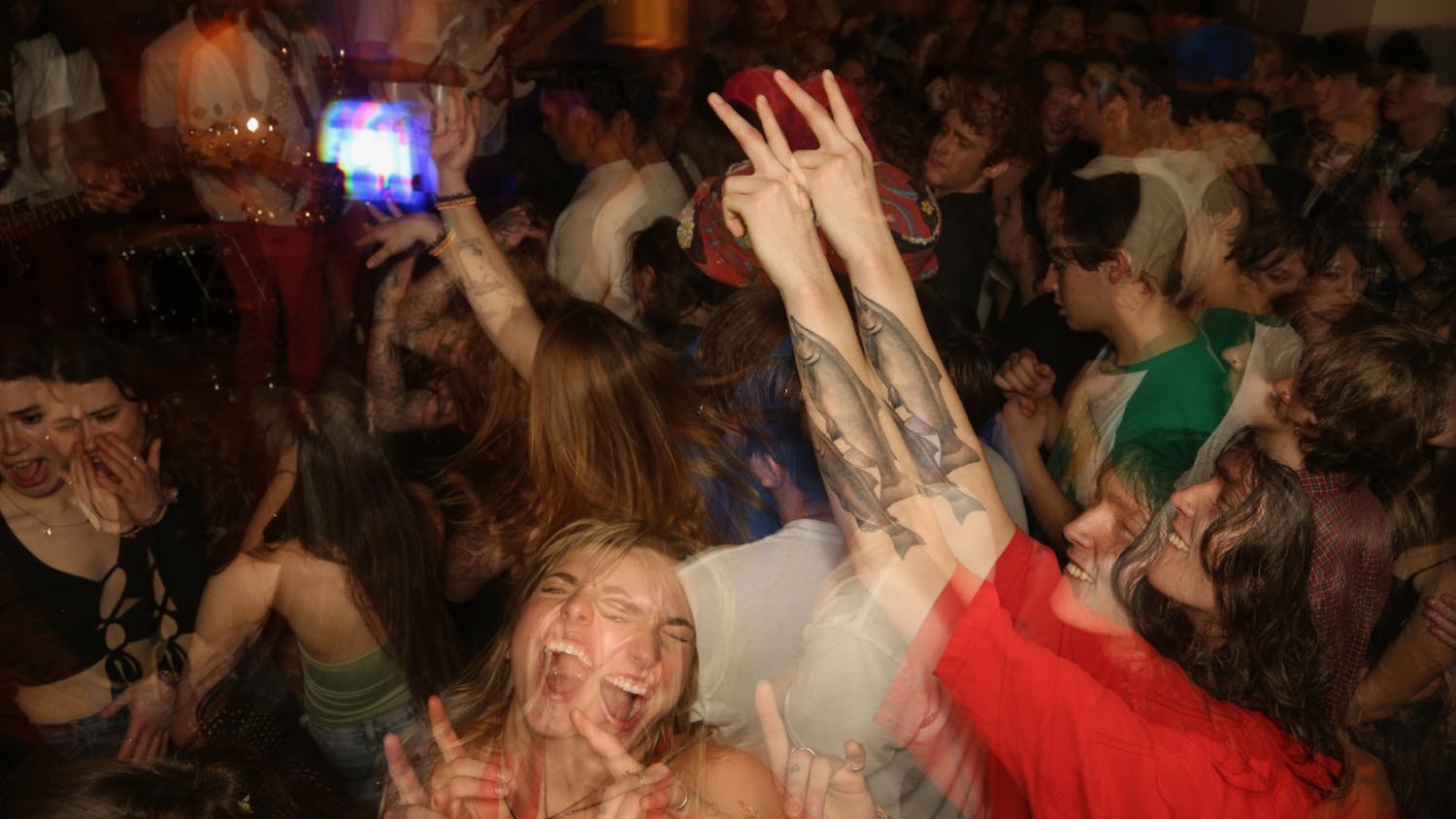Western Washington University’s Western Success Scholars organized three events for national Hunger and Homelessness Awareness Week to advertise and encourage students to use campus resources.
In a fall 2021 basic needs survey conducted by the Office of Student Life, 44.7% of respondents reported experiencing some degree of food insecurity and 32.1% experienced some degree of housing insecurity. For students of color, those numbers increased to roughly 50%.
“I do expect those numbers to be higher [this year], just based on increasing housing prices and the end of the COVID-era basic needs supports, like SNAP benefit waivers, that allowed students to become eligible, or the rental assistance program that was pretty robust that ended this summer,” said WSS Program Coordinator Melissa Fike.
WSS is the campus-based support program for the Washington Passport Network Passport to Careers Scholarship. They provide support for students who have experienced homelessness or been in foster care, Fike said.
The first event of Hunger and Homelessness Awareness Week was a film screening of The Invisible Class, a documentary about mass homelessness in the U.S., hosted in collaboration with the World Issues Forum on Nov. 13.
Guest speaker Frankie Leigh spoke on Nov. 15 about their experiences with homelessness and the work they have done with homeless youth, Fike said.
The last and largest event was the Basic Needs Flea Market. Students were able to pick up donated kitchen basics like pots, pans and small kitchen appliances from the fourth floor of the Viking Union from noon to 3 p.m. on Nov. 17.
Fike said they hope that by covering some of the more expensive kitchen basics, students will be able to spend more of their limited grocery budgets on food. They want the event to bring more awareness to the under-utilized resources available for students struggling with food or housing insecurity.
Universities create conditions that make affording education difficult for students who aren’t supported by their families, said writer and lecturer Tiny Gray-Garcia, who also goes by Poverty Skola. She believes universities should do more to support those students.
“You can’t focus on education if you’re focusing on survival. It’s very hard for working-class students, let alone for students who are surviving on the street. So I would say be gentle with yourself, fellow relatives, and recognize that it is extremely hard to do pretty much anything but survive when you're in a survival economy and barely holding on,” said Gray-Garcia.
Sixty-three-year-old visiting student Bruce Kraig is a part of Western’s over 60 waiver program. Permanent residents of Washington State who are over the age of 60 can register for up to two courses a quarter at no cost.
Kraig receives disability and EBT benefits from the state. He has been renting rooms from friends since 2006, when he lost his apartment. He attended the documentary screening and the talk with Frankie Leigh.
“In March, the emergency money just, poof,” Kraig said as he tossed his hands up, “it’s gone. So that’s an extra $90 a month gone from my EBT card. So I’m going from $292 a month to $202. And meanwhile, just before that, we had one of the largest spikes in inflation.”
For some, like Kraig and Gray-Garcia, college can be an opportunity to be supported by their community. Gray-Garcia said she went to community college because the City College of San Francisco offered free childcare, and that service saved her life.
“If it’s happening to me, I know it’s happening to millions of people. Not only in the country but tens of thousands in Washington state,” Kraig said.
Gray-Garcia proposed a solution to homelessness called Homefulness. It’s a concept she and her mother dreamed up after starting poor and Indigenous people-led Poor Magazine in Oakland, California.
“It was a homeless people’s solution to homelessness. 26 years later, we’re actually building that in occupied East Huchiun a.k.a Oakland. We have built 15 units of housing for 18 families and elders,” Gray-Garcia said.
WSS provides direct support to students in the scholarship network, as well as success coaching, peer mentors, two garden plots in the Outback farm and community building opportunities.
“I want people to know that they're not alone if they’re struggling. There are resources available. Yes, there are often many, many hoops to jump through to access those resources. But please do reach out to the supports here on campus to help,” Fike said.
There was also a Basic Needs Bingo at the flea market to teach students about other campus and community resources, like health insurance navigation, rental assistance and more.
Northwest Youth Services and the Bellingham Opportunity Council were there, along with the Western’s Career Closet, Fike said.
“Without food and housing, how can we learn? How can we focus when we are hungry?” Gray-Garcia said.
Seddie LeBlanc (they/she) is a campus news reporter for The Front this quarter. They are a third-year journalism student at Western with a minor in law, diversity, and justice. In her free time, she enjoys reading and hanging out with friends. They can be reached at seddieleblanc.thefront@gmail.com.








